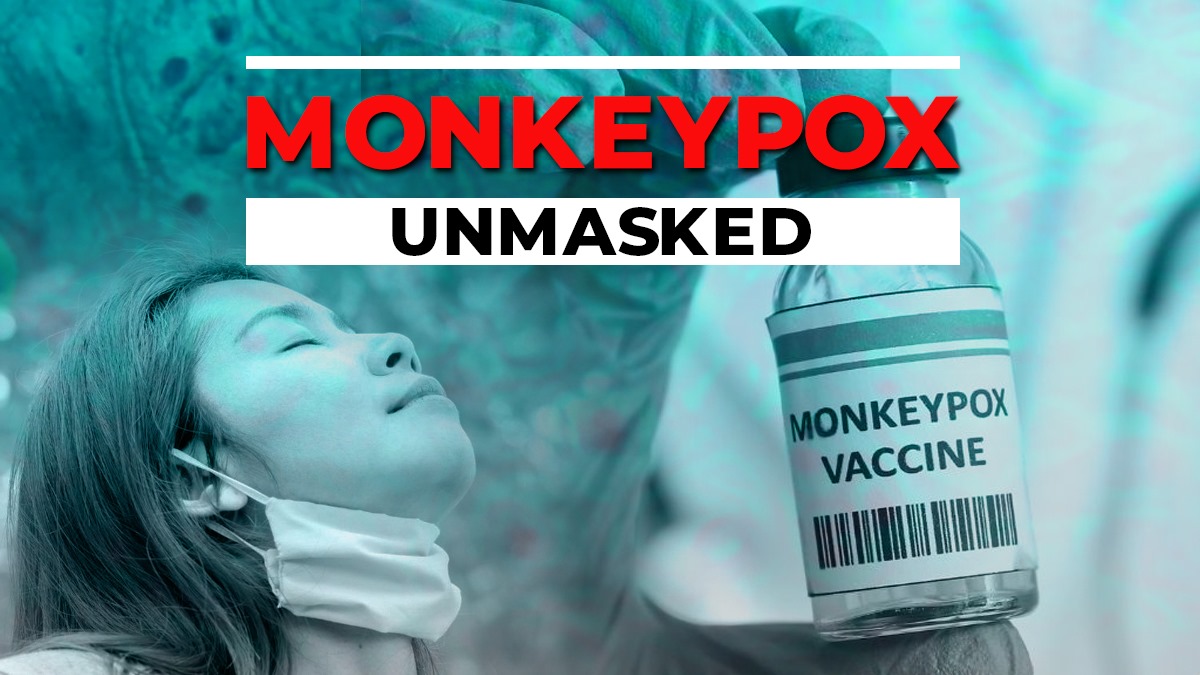Welcome to a comprehensive guide on monkeypox! In this article, we'll delve into the symptoms, transmission, prevention, and treatment options of this contagious disease.
Understanding Monkeypox
Monkeypox is a rare but potentially serious viral disease from the orthopoxvirus family. Similar to smallpox, monkeypox can cause a variety of symptoms. Let's take a look into the symptoms of monkeypox.
Monkeypox Symptoms, What to Watch For
Monkeypox symptoms often start with:
- Fever and Fatigue
The early signs of monkeypox include fever and fatigue, which can last for several days before other characteristic symptoms appear.
- Rash and Lesions
A typical symptom of Monkeypox is a rash that often begins on the face and then spreads to other areas of the body. These lesions can turn into pustules, a feature that sets them apart from other rashes.
- Swollen Lymph Nodes
Swelling of lymph nodes, medically known as lymphadenopathy, is another telltale sign of monkeypox. This symptom can be uncomfortable and is a key indicator for diagnosis.
- Muscle Aches and Chills
Monkeypox patients often experience muscle pain and chills, adding to their discomfort.
Now that you're familiar with the symptoms, let's explore how monkeypox is transmitted and whether there is a vaccine available.
How Does Monkeypox Spread?
Understanding how monkeypox is transmitted is crucial for preventing it. Monkeypox
can spread through:
- Direct Contact
Direct contact with an infected person's bodily fluids or lesions is how this disease primarily spreads. This includes touching, kissing, or caring for someone with monkeypox.
- Respiratory Droplets
Inhaling droplets from an infected person's cough or sneeze can also lead to monkeypox transmission. However, this mode of transmission is less common.
- Contact with Animals
Animals like squirrels and monkeys serve as natural hosts for Monkeypox. Handling these animals or their products, such as meat or skins, can lead to infection.
Monkeypox Prevention: Protecting Yourself
Preventing monkeypox involves taking measures to minimize the risk of infection:
- Vaccination
Vaccination is an effective way to prevent monkeypox. The monkeypox vaccine is recommended for those at high risk of exposure, such as healthcare workers and researchers working with the virus.
- Hand Hygiene
Regularly wash your hands with soap and water, especially after caring for someone with monkeypox or handling animals.
- Avoid Close Contact
Limit close contact with infected individuals, and wear protective gear, like masks and gloves, if you must provide care.
- Safe Animal Handling
If you're in an area where monkeypox is endemic, exercise caution when handling animals or avoid handling them if possible, and avoid consuming bushmeat.
Treatment for Monkeypox: What You Need to Know
Now, let's address a critical question: Can monkeypox be cured?
While there is no specific antiviral treatment for monkeypox, supportive care can help manage the symptoms and improve outcomes. Most people with monkeypox recover within 2-4 weeks with the help their immunity systems.Treatment options include:
- Pain and Fever Medications
Over-the-counter painkillers and fever reducers can bring relief to the discomfort caused by monkeypox.
- Hydration
Drinking enough water is essential during the course of the illness to prevent dehydration.
- Antibiotics
In some cases, antibiotics may be prescribed to treat secondary bacterial infections that can arise due to skin lesions.
- Isolation
Patients with monkeypox should be kept isolated to prevent further spread of the disease.
Final Thoughts
In conclusion, monkeypox is a rare yet serious viral illness with distinct symptoms. Knowing how it spreads, taking preventive measures, and seeking medical care if infected are vital steps in recovery and controlling its spread. While there is no specific cure, most infected people recover on their own, and supportive care can help manage the symptoms and improve the chances of recovery.
Stay informed and safe, and remember that prevention is the key to combating monkeypox. Don't forget to consult a healthcare professional for personalized advice if you suspect monkeypox or have any concerns about this disease.
]]>


-(2).png)
Comments 0
No comments yet
Be the first to share your thoughts!
Leave a Comment